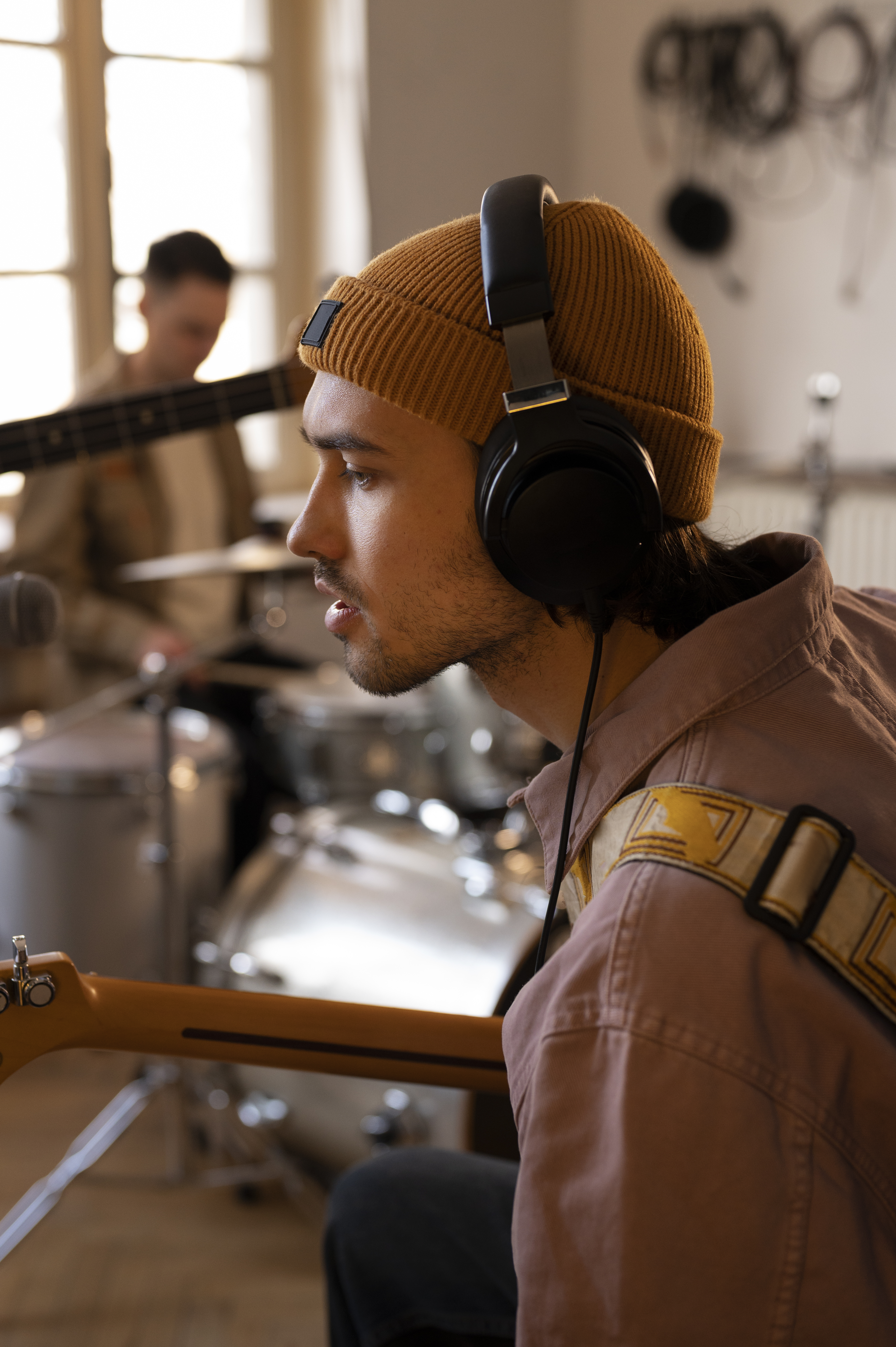
Musicians rely on their hearing to create, perform, and enjoy music. However, the loud volumes of rehearsals, performances, and recording sessions can take a toll on their hearing health. In fact, musicians are at a higher risk of developing noise-induced hearing loss (NIHL) than the general population. The good news is that there are ways to protect your hearing without compromising your music experience. In this blog post, we'll discuss why hearing protection is important for musicians and how to do it effectively.
Why Hearing Protection is Important for Musicians
Noise-induced hearing loss is a gradual process that can result from exposure to loud sounds over time. Once your hearing is damaged, it cannot be reversed, making hearing protection crucial for musicians. NIHL can cause tinnitus, which is a ringing or buzzing sound in the ears that can be temporary or permanent. Tinnitus can be distracting and can interfere with your ability to concentrate on music, sleep, or even your daily activities.
Musicians who are exposed to loud sounds on a regular basis are at a higher risk of developing NIHL. This includes performers, sound engineers, and anyone else who works in the music industry. Musicians are also at risk of developing hearing loss due to the proximity of speakers and amplifiers on stage, as well as the acoustics of the venue.
How to Protect Your Hearing as a MusicianThere are several ways to protect your hearing as a musician:
Use earplugs: Earplugs are one of the most effective ways to protect your hearing from loud music. There are different types of earplugs available, including custom- molded earplugs, musician earplugs, and universal-fit earplugs. Custom-molded earplugs are the most expensive option but provide the best fit and protection. Musician earplugs are designed to reduce sound levels without affecting the quality of the sound. Universal-fit earplugs are an affordable option that can be found at most music stores.
Use in-ear monitors: In-ear monitors (IEMs) are a type of earphone that provides a customized mix of music and vocals to the musician's ear. IEMs reduce the need for stage monitors, which can be loud and can damage hearing over time. IEMs also provide a clearer sound, which can improve the quality of the music.
Take breaks: Taking regular breaks can help reduce the amount of time you're exposed to loud music. It's recommended to take a 10- to 15-minute break every hour or so to give your ears a rest.
Keep your distance: Stand away from speakers and amplifiers on stage to reduce the amount of sound you're exposed to.
Get regular hearing check-ups: Regular hearing check-ups can help you monitor your hearing health and detect any hearing loss early on.
Conclusion
As a musician, protecting your hearing is essential to your ability to perform and enjoy music. By wearing earplugs or using in-ear monitors, taking breaks, monitoring sound levels, and limiting exposure to loud music, you can protect your hearing and prevent long-term hearing damage. Don't take your hearing for granted – take steps to protect it and continue to enjoy music for years to come.